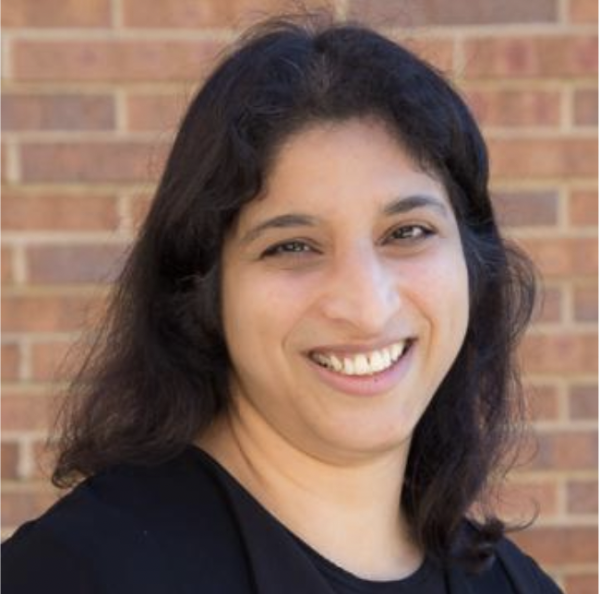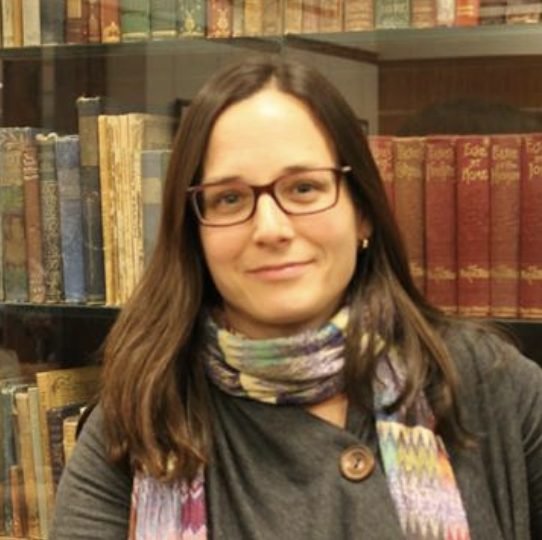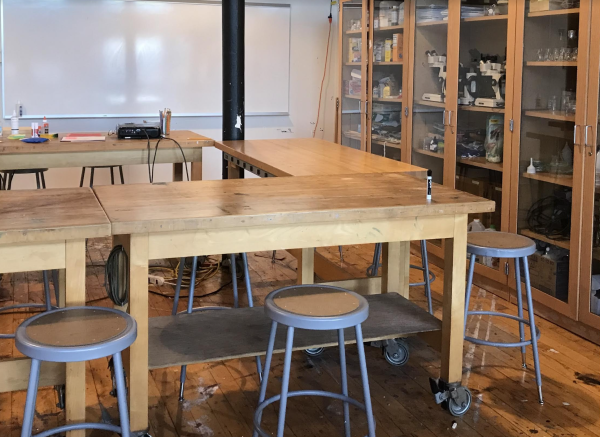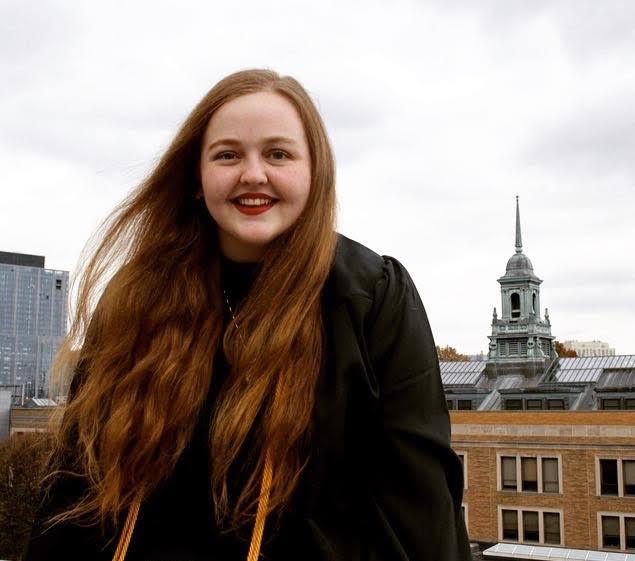By Julia Taliesin
Staff Writer
When Caroline McQuade, a junior public health student, sought support from the Counseling Center in fall 2016, she waited three weeks for a triage appointment.
At the end of October, the schedule was already so full that she was never given the option of an appointment at the center and was immediately referred out.
The increased time commitment of going off campus caused her more anxiety, so she “just dealt with it.”

She returned in February, this time for urgent care, and luckily got a regular appointment because a counselor happened to have an opening that fit her schedule.
At the Simmons College Counseling Center, there are approximately 20 people waiting to be seen at any moment: usually around eight for a triage meeting and 12 for an appointment.
The wait for an appointment can be up to four weeks.
While the long wait is mostly due to conflicting student-counselor schedules, the center faces other challenges in meeting student demand.
The Counseling Center, open Monday to Friday from 8:30 a.m. to 4:30 p.m., employs 13 counselors: six trainees and seven professionals. These 13 counselors, most of which are part-time, are currently seeing 120 to 140 students weekly (including triage appointments and urgent care walk-ins).
While some of these students could have been referred out, many chose not to for financial reasons, privacy issues, or inconvenience.
One obstacle the Counseling Center faces in meeting student need is a shortage of counselors.
Also, some students do not want to work with trainees, which further complicates scheduling.
But, according to Sherri Ettinger, the Director of the Counseling Center, the biggest challenge for the center is the amount of space they are working with. While hiring more counselors would help them see more students, right now, she said, “there would be nowhere to put them.”
Ettinger also made the point that although the center has received a little more funding each fiscal year, it just has not kept up with the rapidly increasing demand.
This is not an isolated problem. Campus counseling centers around the country are struggling to meet the rising demand. Many factors contribute to this increase, including rising enrollment rates and a unique social, political, and cultural moment.
However, those factors are not completely related. In their 2015 ten-year summary, the Center for Collegiate Mental Health found rising enrollment rates were not the only factor increasing demand for counseling services.
In comparing the growth rates of enrollment and usage of services, they found the rise in demand for counseling outpaced the rise in enrollment rates by five times. Their 2016 annual report of almost 150 schools also found a 50 percent increase in students seeking counseling services compared to 2015.
Ettinger described some of the many reasons behind that. “We’ve seen an increase in people seeking therapy since the election,” she said, “but there is also less stigma now, and more anxiety in the world. Technology is taking the place of relationships and people are experiencing that isolation.”
The current demand is 10 percent higher since this time last year.
Other schools in the Boston community are also seeing this rise in student need. The Emerson College student newspaper, “The Berkeley Beacon”, reported in 2013 that the counseling center was struggling to meet student demand.
In November, the Brandeis University student newspaper, “The Justice”, reported a 90 percent increase in walk-ins compared to the year before. Their counseling center responded by hiring more staff members, increasing hours, and adding therapy groups.
The administration is aware of the rising demand at Simmons. Dean and Assistant Dean of Student Affairs, Susan Antonelli and Nancy Nienhuis, respectively, are actively engaged in advocating for the mental health and wellbeing of students.
Supporting the counseling center is only part of their approach to promoting student wellbeing.
“We take a multi-faceted approach to mental health,” Nienhuis said, “because we know that’s what works.”
Nienhuis and Antonelli are also advocating for more space for the center and are optimistic that, with the current movement of facilities happening on campus, this will be possible.
A group of students in the “Organizational Communications and Behaviors” management class at Simmons will be proposing potential solutions for the problems facing the counseling center to the Presidents’ Council in January.
Caroline McQuade, who now has a regular appointment at the center, pointed out an important group not captured in the data: she personally knows over 20 people who have considered going to the center, but have not.
“There is a perception that the counseling center is already so busy that they wouldn’t be seen anyway,” McQuade said, “they think that other people are worse off than they are so they decide they’re fine and don’t go.”
Angelica Coleman, a senior biology student, confirmed this. Coleman has considered going to the Counseling Center, but has not sought out care because she feels her struggle is mild in comparison to others.
“I know people who have more severe issues,” she said, “so I don’t want to take resources away from others who might need it more.”
It remains to be seen what will be possible for next year after the budget is determined in February.
















